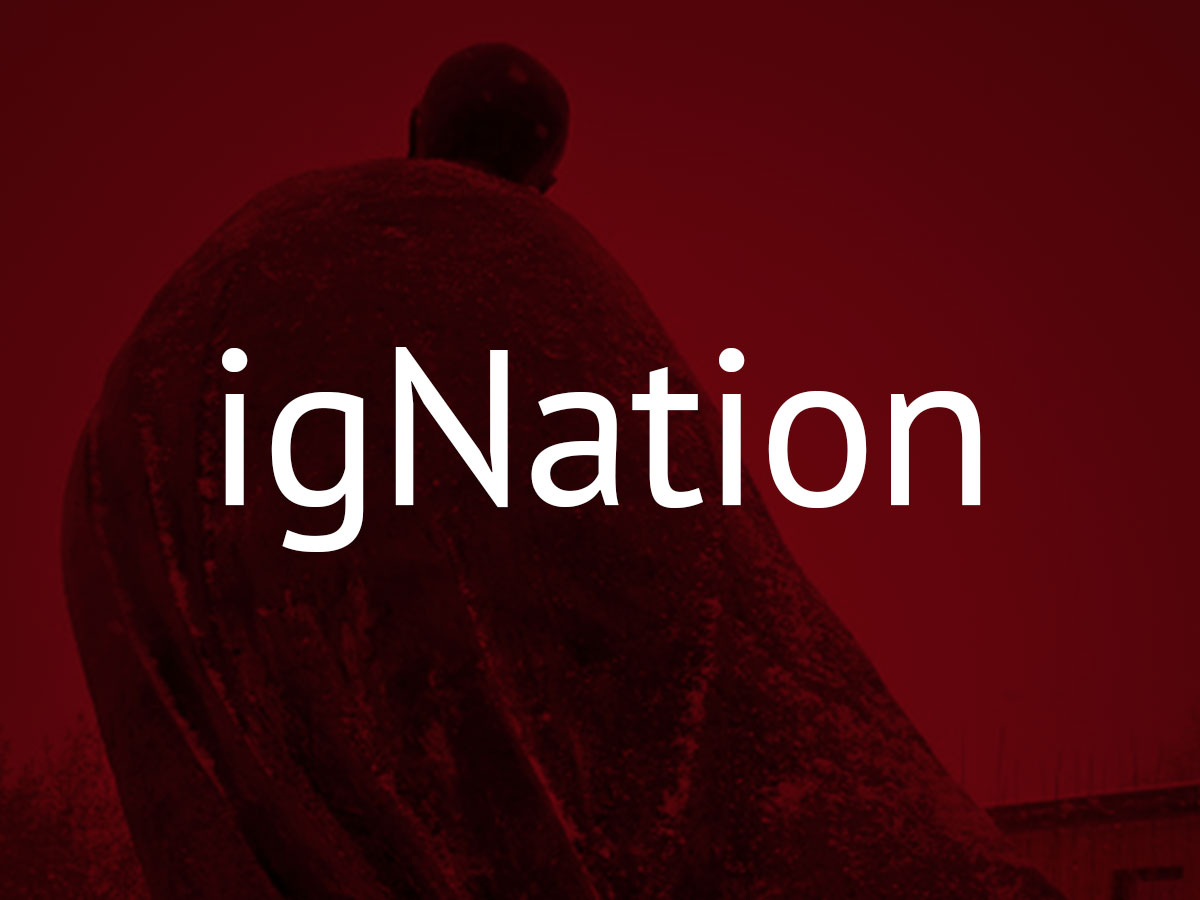Waiting: Where We Are Now – Four Reflections for Advent 2015 – (3) The Annunciation


(2) The Annunciation
Scripture verse
Mary’s prayer:
You come to me, O mysterious One, as Desire
To My deepest Desire
and I, thus found, am lost
in Your Love
You take from me All I know
except your Love
calling me beyond my life
into Your darkness
to trust you and you alone
You open my life
as a beggar’s bowl
and I am attentive to what is daily given
such riches
I have not imagined
I offer what is given
the life that flows
through my emptiness
water to the thirsty
food to the hungry
a home to the dispossessed
all because I said yes
to your, first, Yes
(adapted from Luke 1:46-55)
From the Spiritual Exercises
Consider what the persons on the face of the earth do, for example, wound, kill and go down to hell. Also what the Divine Persons do, namely, work the most holy Incarnation, etc. Likewise, what the Angel and our Lady do; how the Angel carries out his office as ambassador; and how our Lady humbles herself, and offers thanks to the Divine Majesty. (Sp. Ex. #10)
Grace to be prayed for
Here it will be to ask for an intimate knowledge of our Lord, who has become human for me, that I may love Him more and follow Him more closely.
The Stories We lIve By: Security, Meaning, Belonging, Habit
The Risks of God
In the narratives of the Bible, God constantly risks his plans and desires with his human collaborators. This begins in the Old Testament with Adam and Eve, then moves through Abraham and Sarah, Isaac, Jacob, Joseph, Moses, David, and the chosen people. They all agreed to the covenanted relationship, but they all broke it. God chose each of them in love, and kept on risking his life with each of them. Nevertheless, God did not give up on them, and God does not give up on us. God also constantly risks his plans and desires with each of us.
In the New Testament, God’s risk-taking reaches new levels. The Three Persons of the Trinity commit all of their creative plan to the free response of a politically, socially, and culturally insignificant young woman in a small village in a war-torn and occupied territory in the Middle East. They desire that she become the mother of the Word made Flesh. This has never happened before in human history. The God of all creation asks Mary, who is engaged but not yet married to Joseph, to break all the codes of orthodox religious behaviour and consent to a plan that challenges the boundaries of established sanity and conventional wisdom. The story is told in Luke 1:26-38.
In today’s contemplation, you are asked to enter into the dynamics of this mystery.
The iconic depictions of Mary’s response presented in Luke’s gospel have been refined in order to express post-resurrection theology. But imagine a young girl’s crisis when she finds herself unmarried and pregnant. How can she explain the pregnancy to her betrothed? To her family? To his family? To the village?  Historically, young girls have from time immemorial become suddenly pregnant. The excuses have varied, but the reality has remained the same, and the punishments in the Middle East, as in many other cultures of the world, for bringing such shame upon one’s clan are brutal.
Historically, young girls have from time immemorial become suddenly pregnant. The excuses have varied, but the reality has remained the same, and the punishments in the Middle East, as in many other cultures of the world, for bringing such shame upon one’s clan are brutal.
Even before Mary agrees to co-operate with God’s plan, the implications of such an act weigh in. Mary has the freedom to accept or to decline. God neither seduces nor rapes. For Mary, this is not a moment of reckless romantic abandon that no afterlife of prudent consideration will compensate for. She does not hurl herself into this act unthinkingly. Neither does she bargain. What shapes her answer is her own love story with God. Her love for God frees her to trust her entire being, and her future, to that One from whom she has accepted the gift of being the beloved. She agrees to become the mother of the Messiah.
Opening to Love
In this contemplation we are asked to do two things. First, we are asked to be as fully present as possible to God’s incredible vulnerability and trust in offering the deepest mystery of his love to one of his creation. Second, we are invited to enter into Mary’s profound sense of self-offering as she says yes to God’s invitation. In doing so we may feel ourselves being opened by love to our very depths. We may choose in the prayer to behold Mary with God’s eyes, and find ourselves profoundly grateful for that love that says yes to what it does not understand, a yes to an intimacy that will carry it to places beyond its imaginings.
We may even choose to enter into the role of the angel who mediates between God and Mary, and experience what it means to be missioned and to find one’s life, joy, and meaning in that service. Our entry into our annunciation is to let the desire that is our life encounter the Desire who desires us to the depths of our being. We, like Mary, or God, or the angel, experience annunciation as the expression of desire. We are asked to allow ourselves to acknowledge ourselves as that desire that wells up in us and manifests itself as the profound longing to love, and to give our lives in service to that Love that passionately and profoundly desires us. When our deepest longing encounters that simple and all-encompassing love, we enter the state of intimacy called annunciation.
To facilitate this contemplation, you might want to read the passage in Luke’s gospel that describes this scene (Luke 1:26-38). Spend time with the encounter. Allow the energies of the Annunciation to touch your own energies in their desire to be part of the ongoing incarnation that occurs when we open ourselves to God in love.
The love affair that we are invited to here is willing to risk itself for us and in us. It invites us to respond – not impetuously, but freely. Where we are free, we experience love. Where we are not free, we experience the tug of compulsion. We can offer only what we have. This love, which has waited since the beginning of time for Mary to appear and to be ready, now waits for us.
Questions for Prayer and Reflection
1. Have you ever felt called in love to do something?
2. How was this different from being compelled?
3. Do you know the difference between passion and intensity? Passion calls us beyond our egos; intensity inflates those egos.
4. Have you ever waited on someone in love?
5. What is it like?
6. Have you ever experienced someone waiting on you in love? What was that like?
7. Our lives are filled with moments of annunciation. Identify some of these moments and enter into those experiences again.
8. What was the prayer you just experienced like?
9. What did it reveal to you about yourself? about God? about your path in the world?
10. If you were to have a conversation with Mary about her experience of annunciation, what would you say? What do you think she would say to you?
To say yes to love opens us up to an incredible level of vulnerability – both God’s and our own – and often in contexts that are destructive. Here we are asked to trust in the Divine Providence that does not seek to have us destroyed. We must be discerning so that we can distinguish between what is good and what only appears to be good. In saying yes, we maintain our integrity in the face of the seductions towards the lesser good.
In the Nativity, we see God’s providence at work in a world alienated from the greater good that desires the fullness of life for all.
+++++++++++++++++++
Unless otherwise indicated all photos are taken by Brendan McManus, SJ




No Comments